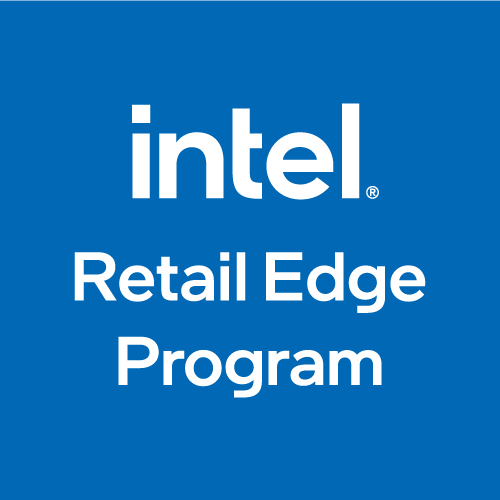3/5/24

This tool highlights areas of service and behavior requiring improvement. It serves as a means for management to assess staff performance and attitudes toward customers, especially those inquiring about specific products or services.
Mystery shopping tasks an incognito "shopper" with gathering detailed information on products, services, and employee attitudes, among other aspects. These shoppers report their findings to management, rather than to the employees directly, through comprehensive written evaluations. The anonymity of mystery shoppers ensures genuine interaction between them and sales associates, offering invaluable insights into the natural customer service.
However, this process need not be void of instructional value. Kellie Womack, the founder of Creative Data Strategy, LLC., argues that demystifying certain aspects of the mystery shopping process can significantly enhance sales, foster greater engagement, and lead to more effective sales behaviors.
By revealing the presence of a mystery shopping program, sales teams can:
Unify their behaviors
Preemptively address common questions
Focus on sales objectives
Effectively communicate product information
Enhance brand visibility
Demonstrate products with ease
Achieve specific performance targets
The Intel® Retail Edge Program's integration of mystery shopping into its framework marked a pivotal shift. It was observed that traditional learning programs weren't achieving the desired impact nor reaching a sufficient number of in-store sales associates. To counter this, a promotional Mystery Shop Program (MSP) was introduced to modify behavior and maximize outreach.
The MSP initiative met its intended goals and encouraged entire store teams to collaborate towards shared objectives, shifting the focus from individual to collective performance. A significant improvement in retail sales, brand advocacy, and behavioral competencies was noted by incorporating mystery shops into eLearning and training.
Womack emphasizes that while integrating mystery shopping into promotional and training efforts requires more planning and coordination, the results—measurable improvements in sales and performance—are well worth the effort.
The innovative approach to conducting mystery shops necessitates buy-in from all involved parties. This includes not only commitment but also the coordination and continuous evaluation essential for success.
At the heart of securing buy-in is the engagement of both management and frontline employees. Management's role is pivotal in championing the program, providing the necessary resources, and ensuring that the mystery shopping objectives align with the organization's broader goals.
Frontline employees must understand the value of the program—not as a surveillance tool but as an opportunity for personal and professional growth. By involving employees in the process and addressing their concerns, organizations can foster a culture of continuous improvement and openness to feedback.
Traditionally, mystery shops were conducted without prior notice, leaving sales associates unprepared for the evaluation. This often led to performances that didn't meet expectations. Womack suggests using mystery shopping as a "final exam" following targeted training sessions.
This approach allows businesses to directly address performance issues and tailor training to meet specific objectives, such as product launches or brand awareness enhancement.
To optimize the mystery shopping process, details about the upcoming shops, including general timelines and specific information to be communicated by sales associates, are shared in advance. However, the shopper's identity remains concealed to ensure an authentic interaction.
To accurately assess the impact of training programs, conducting a comparative analysis of mystery shop data collected before and after these initiatives is essential. This approach enables organizations to quantify the direct effects of training on sales associates' abilities to meet specific objectives, such as product knowledge, customer engagement techniques, and sales closure rates. It provides a clear measure of the campaign's effectiveness.
The ultimate goal of analyzing mystery shop feedback is to derive actionable insights that can drive continuous improvement. This involves identifying areas of weakness and recognizing and replicating success factors across the organization.
One of the core strengths of strategic mystery shopping lies in its ability to effect behavioral change among employees. By providing detailed, objective feedback on performance, mystery shopping offers actionable insights that can lead to immediate improvements in customer interaction, product knowledge, and sales techniques. This feedback encourages a culture of continuous learning and adaptation, where retail associates are motivated to excel in their roles, directly impacting customer satisfaction and loyalty.
Mystery shopping has played a crucial role in helping the Intel® Retail Edge Program refine training processes and enhance customer experiences. It continues to be an indispensable asset in motivating store teams to collaborate toward common goals, improving sales strategies and learning and training outcomes.
This article has been updated. Click here to see the original version.
Notices and Disclaimers
© Intel Corporation. Intel, the Intel logo, and other Intel marks are trademarks of Intel Corporation or its subsidiaries. Other names and brands may be claimed as the property of others.
